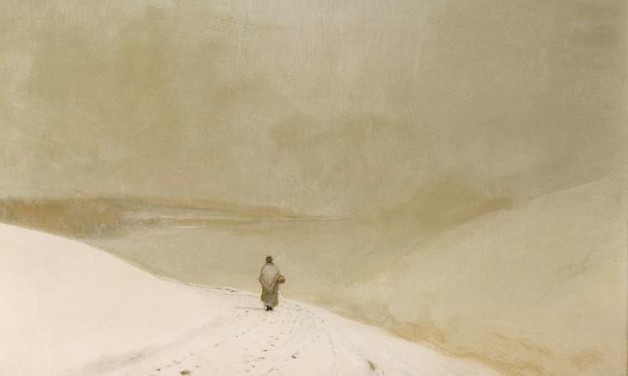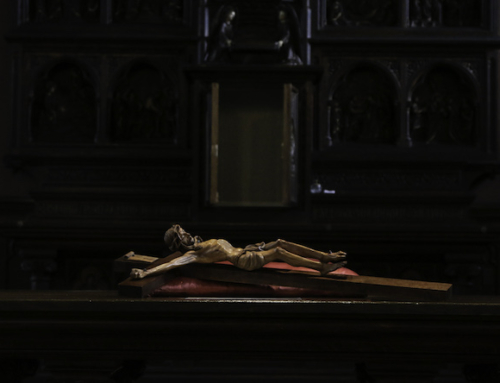This just in: “4 Cities Set All-Time Record Lows”… “DC hasn’t seen this since 1885 — or ever?!”… “5-story ‘ice volcano’ forms at NY geyser”… “Great Lakes most ice since recorded time… AND ANOTHER BLAST NEXT WEEK”…
Wowzers, it’s cold. My Yahoo weather app thing read 7 degrees this morning. Of course winters are always cold. This one just seems exceptionally so, at least here on the East Coast. This persistent chill is reminding me of the movie Groundhog Day. Remember the immortal words of D.J. #1, right after Bob Dylan starts singing and the clock strikes (or clicks, as it were) 6:00 a.m.: “Okay, campers, rise and shine, and don’t forget your booties ’cause it’s cooooold out there today!”
There are other great lines from that movie, like when Phil (Bill Murray’s impeccably portrayed apathetic weather prognosticator) reports glumly into the camera, “This is one time where television really fails to capture the true excitement of a large squirrel predicting the weather.” One of Phil’s more poignant observations though, and one that captures the essence of the tragicomedy, is one of despair, when he realizes he’s living the same day over and over again: “I’ll give you a winter prediction: it’s gonna be cold, it’s gonna be gray, and it’s gonna last you for the rest of your life.”
We know winter will break, and the cold along with it. Spring’s really not that far away. But there’s an existential reason why Phil’s character is equally scary and inspiring to so many. Many feel all year round the despair he felt, and they want to break out of it just like he did. Actually, there’s a scene in the movie where Phil is explaining his predicament at a bar and one of the patrons just thinks he’s speaking about real life. For that barfly, for whatever reason, life had become permanently cold and gray. In a nutshell, Phil despairs because he is ungrateful and cannot love. Thus, in the end, it is gratitude and love that break him out of the solipsistic cycle.
In the fictitious world of Groundhog Day, Phil quite literally had forever to learn love and gratitude. Once he did, he was free. Unfortunately we don’t have forever. It is in the home, the family, the job, and the relationships in which we find ourselves where we must learn these virtues. So how might we learn this? I think we can find some answers to this question in what the Church proposes to the faithful for Lent.
Lent is a penitential season. We are charged to fast, pray, and give alms. But why go through all of this? What’s the purpose? One response is that we may better the self. Say I want to lose some pounds? Lent provides a good opportunity to stop eating desserts. So there are beneficial physical effects to the practice of fasting. But this is actually a self-centered way to view the season. Lent is not ultimately about bettering the self on a natural level. Sure, that may happen, but it’s an accidental effect. Lent is really a call to move outside the self – to learn self-giving for the good of one’s soul and the universal Church. And we learn this self-giving in order to love God and neighbor better. So Lent then is really about love. It’s an occasion to do things for others. And in the process of moving out of ourselves we also become grateful for the gifts in our life. We can see the gifts of God more clearly and for what they are when we stop clutching at them.
We may feel something like Phil felt, going through the motions day after day. We may even be in the throes of despair. But we know the cold monotony that Phil felt was a result of being obsessed with himself and his own interests. In Lent we have an opportunity to serve God for the right reason — because he gave us life and redeemed us. If we give ourselves to this holy project we can break the cold within. We can start living love and gratitude.
✠
Image: John Atkinson Grimshaw, Snow and Mist







